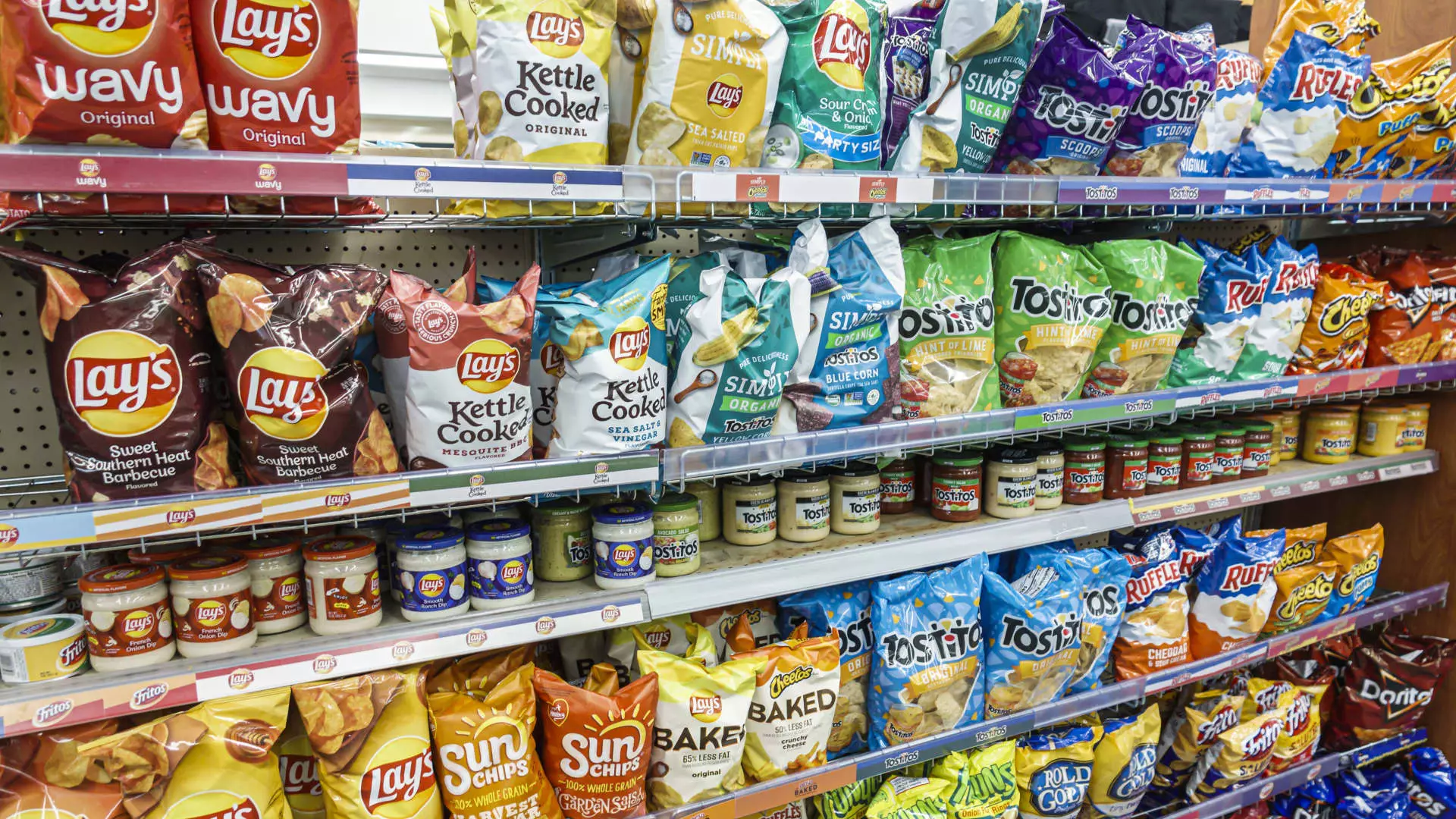The stock market can often serve as a reflection of prevailing sentiments, and Friday’s dramatic fall in processed food stocks exemplifies this phenomenon. As President-elect Donald Trump appointed Robert F. Kennedy Jr. as his nominee for Secretary of the Health and Human Services Department, concerns loomed large among investors about potential regulatory changes. The revelation prompted a nearly universal negative response from major processed food corporations, signaling trepidation over a shift in policies that may scrutinize an industry perceived as unhealthy.
Big names like PepsiCo and Coca-Cola faced significant losses—over 3% and 1%, respectively. General Mills and Conagra Brands, known for their popular consumer products, also saw their stock prices decline by around 3%. Such declines reflect a broader market anxiety surrounding the Food and Drug Administration (FDA) and the Centers for Disease Control and Prevention (CDC), which fall under the purview of Kennedy should he secure Senate confirmation. Investors quickly grasped that since these agencies regulate many facets of food safety and consumer health, a change in leadership could translate to a change in operational guidelines and enforcement.
Kennedy’s Controversial Stance
Kennedy’s background as a vocal vaccine skeptic and conspiracy theorist adds a layer of complexity to the situation. His appointment has prompted backlash from numerous politicians and public health experts who are concerned about what his administration might mean for regulatory measures. The skepticism surrounding his views raises critical questions about the direction of health policy in the United States and whether it would favor industry interests over consumer safety.
With Kennedy advocating for radical changes—including the dismantling of certain nutritional departments within the FDA—traders fear that healthier food standards might be compromised in favor of a deregulated environment. Kennedy himself has questioned the logic behind the existence of food products laden with excessive ingredients, using the example of Fruit Loops, which contains many additives that are not present in similar products sold abroad. His call for reform suggests an inclination toward more straightforward product formulations, yet the implications for processed food giants remain concerning.
The Future of the Processed Food Industry
With Kennedy focusing on a “Make America Healthy Again” agenda, various traders are concerned about increased scrutiny on products from leading snack and beverage companies. The implications of regulatory changes could be profound, affecting everything from advertising standards to ingredient transparency. The prospect of new guidelines or enforcement mechanisms poses a serious threat to brands that have leveraged consumer convenience for financial gain.
As investors recoil, so too does public trust in processed food products. If Kennedy’s stances resonate with a broader audience, including families concerned about artificial additives and food safety, the processed food sector could find itself at a crossroads. The current market’s volatility may hint at a landscape where these corporations must proactively reassess their product lineups and marketing strategies to align with shifting public sentiment.
In sum, while the political backdrop continues to evolve, the processed food industry stands on the precipice of significant changes shaped by new health policies. Investors and consumers alike will watch closely, as the ramifications of Kennedy’s potential leadership could shape the future of America’s food supply.

